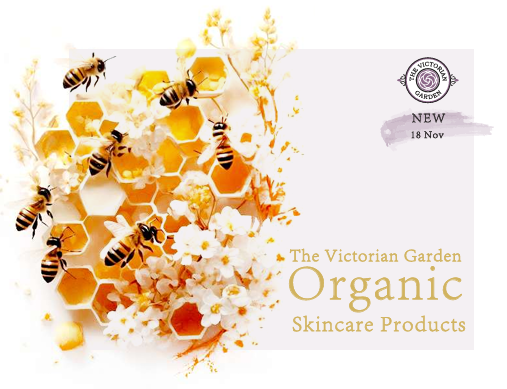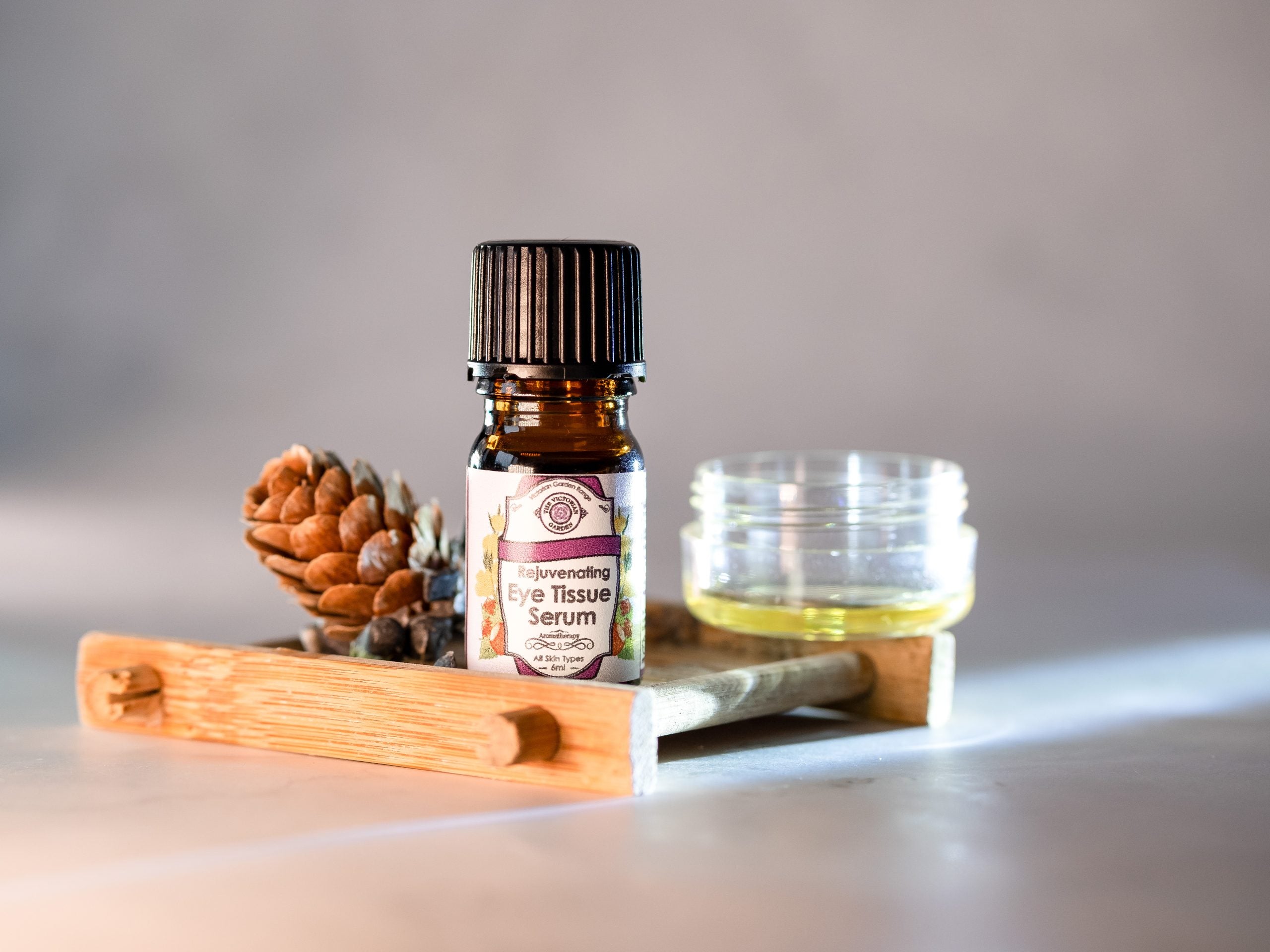Propolis is a resin that bees create, a waxy substance formed by the combination of tree sap and beeswax that bees use to create their nests.
It contains a mixture of bee saliva, beeswax, and substances from plants and trees, and it contains a very complex mixture of anti-inflammatory and antimicrobial compounds.
The sticky end product or "bee glue," as some call it, used for nest production has, for many decades, fallen in and out of favor as a naturally occurring anti-infective and healing agent.
Scientists have identified more than
300 separate compounds in propolis. The exact composition can depend on the location of the beehive.
As a rough guideline, propolis typically consists of:
- tree and vegetable resins: 50%
- beeswax: 30%
- pollen: 5%
- essential and aromatic oils: 10%
Bees create and rely on propolis to protect their hives by using it to 1) seal cracks to keep out the cold weather and predators and 2) use it to sterilize and disinfect the colony. These functions happen to be beneficial to skin as well.
According to Dr. Gohara, the four main benefits of propolis include its ability to “act as an antibacterial, help with wound healing, moisturize, and be a powerful antioxidant.”
People with acne-prone skin reap the benefits of propolis. “Its antibacterial properties can fight acne-causing bacteria, while the moisturizing and healing properties help repair skin faster post-acne as well,” says Dr. Gohara.
Propolis is also a powerful anti-inflammatory that contains “amino acids, phenolic acids, phenolic acid esters, flavonoids, cinnamic acid, terpenoids, and caffeic acid” It helps reduce irritation caused by acne (or other wounds) as well as speed the healing process. And similar to the
aloe plant, propolis is a great option for those who are suffering with a sun or windburn as it reduces inflammation and protects the compromised skin barrier.
Propolis can be used on all skin types.The ingredient is normally safe for use in your everyday skincare routine. It provides moisture for those with dry skin, and is even recommended to those with oily skin as it “appears to be absorptive” according to Dr. Gohara. “It’s helpful in the anti-aging process. It also has anti-inflammatory properties—a lot of people swear by it for their skin.”
Lady Frances Jane Glover-Anderson is our Founder, Lindsay Salthouse’s Victorian great grandmother who was born in 1850. Frances planted her first formal herb garden for culinary and personal use at their home in Scotland during the mid-1800’s, and she had her own Bee farm in the herb garden as well!
The making of the creams & lotions was quite lengthy – it entailed the harvesting of the different ingredients — fresh herbs, flowers, and the distillation from these raw plants to produce organic essential oils as well as imported oils from the East (The great grandfather’s business). Products were then made by hand, using a double boiler and the ingredients – beeswax, essential oils, Rosewater, Honey and Propolis and fresh herbs.
The family story as related by founder Lindsay’s grandmother (Lady Frances’ daughter), was that some of these creams were commissioned by Queen Victoria who was a family friend of the Glover-Andersons – destined to be given as gifts to friends and the ladies at court.
You may find natural Propolis contents in the following TVG products:
| TVG Product Code |
TVG Products Name
|
| AI23 |
Cape Aloe & Propolis Facial Healing Cream
|
| TRT17 |
Sandalwood & Bay Leaf Men's Soothing Facial Lotion
|
| H15 |
Honey & Propolis Skin Problem Healing Cream
|
| BA5 |
Rosemary & Sweet Orange Antiseptic Hand Wash
|
| BA2 |
Chamomile & Lavender Foaming Bath Oil
|
| BA4 |
Tangerine & Geranium Foaming Bath Oil
|
| HA6 |
Lavender & Huckleberry Hair Conditioner
|
| RT5 |
Queen Anne's Honeysuckle Hair Conditioner
|
| AI33 |
Argan & Vanilla Hair Conditioner
|
| AI32 |
Cocoa & Mafura Butter Hair Mask with Orange & Rosemary
|
| HA5 |
Rosemary & Jojoba Hair Mask with Peppermint
|
| RT1 |
Queen Catherine's Rose & Camellia Flower Shampoo
|
| JI1 |
Jasmine & Lotus Flower Herbal Shampoo
|
| HA1 |
Rosemary & Lime Herbal Shampoo
|
| AI29 |
Rosemary & Vanilla Moisturising Shampoo
|
| BA30 |
Rose, Neroli & Jasmine Floral Relaxing Shower Gel
|
Side Effects of PropolisAs is the case with lots of other ingredients when applied to the skin, there's a real risk of developing an allergic reaction or contact dermatitis to propolis.
One thing to keep in mind is that a true allergic reaction to propolis is distinct from the irritation that comes with ingredients like
retinol.
Retinol, to be precise, is the alcohol formulation of vitamin A. It can help stimulate cell turnover as well as help stimulate collagen production.
If you're looking to diminish common signs of aging and sun damage by smoothing skin texture and evening skin tone, using a
retinol product is highly recommended by experts. It can help reduce the look of wrinkles, as well as smooth, even out, and firm skin.
If concerned about the risk of allergy, test the product on your inner forearm for a week or two before applying it to more sensitive areas or more broadly.


